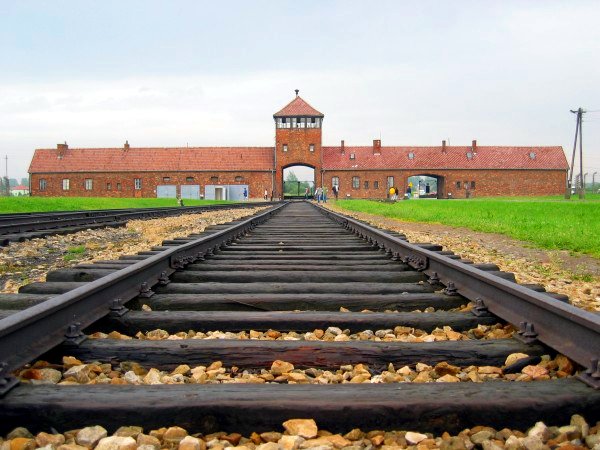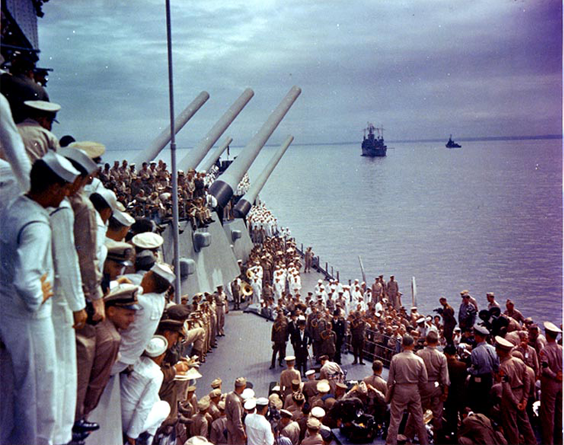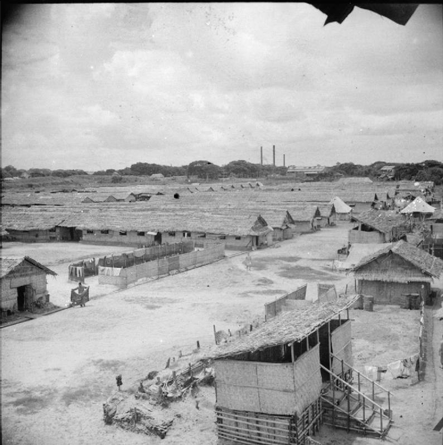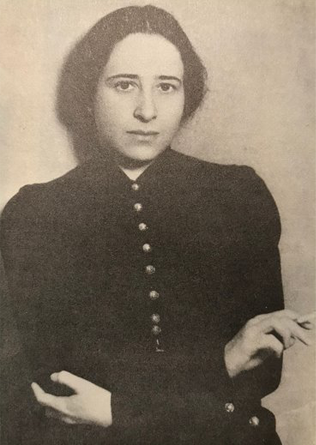Last month, the 75th ceremony to commemorate the liberation of the Auschwitz death camp was held, and media from around the world featured this important event. Only 75 years ago, at least 1.1 million people, Jews and others, were brutally massacred at Auschwitz; we must never forget this appalling fact.

Prior to the ceremony, Germany’s President Steinmeier addressed the participants at Jerusalem's Yad Vashem Holocaust Memorial (he began his speech in Hebrew, which was beautiful).
“They were Germans. I stand here laden with the heavy, historical burden of guilt,” he said. I wonder how he felt when making this remark. He then continued, “I wish I could say that we Germans have learnt from history once and for all. But I cannot say that when hatred is spreading.” His condemnation of the painful truth of our times compelled us to realize the dangerous situation we are in today; it compelled us to recognize the evil that continues to prevail in society.
In terms of World War II, Japan also carries a bitter experience. A famous consultant and former professor, Mr. Kenichi Ohmae used to tell the following story:
“My colleague at McKinsey, David B. Hertz, told me that he was right there on the post-war ship Missouri when it carried General Douglas MacArthur and entered Tokyo Bay. Before landing, the instructions ‘In preparation for landing’ were given; they were advised to stay cautious at all times and never walk alone, to always walk in group and guard the rear, because the people they would be dealing with were Japanese, the fiercest human race on earth. However, once the ship landed, who they saw were the most smiley and welcoming people. They felt puzzled and wondered who they had been fighting against. David used to ask me every time we met until he died:
‘Ken, please tell me. How could such warm and smiley folk engage in battle like that? I know it very well because I went to Japan right after the war. A and B are two completely different things in my head.’
It was a huge riddle for David Hertz who was Jewish; see, Jewish people will hold a grudge for 2000 years. But we Japanese can understand this, you know. As soon as the war ended, every Japanese said, ‘I was against the war from the beginning’.”
Mr. Kenichi Ohmae

( From Wikimedia Commons, the free media repository )
Mr. Yuji Aida who spent two years as a captive soldier at Ahlone Camp in the British-controlled Burma (later Professor of Humanities at Kyoto University) wrote “Ahlone Camp” after the war. In the book he described:
During the two years as a prisoner, I was in a situation where a British officer asked us, ‘How do you Japanese feel about your surrender?’ ‘Why did you agree to disarm so easily?’ Then a Japanese military officer answered, ‘We are sorry and feel responsible for causing the war. We would like to build a friendly relationship going forward.’ After hearing it, the British man suddenly straightened up and started lecturing the Japanese as if spoon-feeding a child:
‘We fought because we believed that our country and its actions were right. I believe you did the same. How can you just admit fault like that as soon as you are defeated? Are your beliefs so fragile? Or is it because you simply followed your master and engaged in battle because it was an order? You did it knowing it was not right? Are you flattering us now that you’ve lost? That’s a slave’s spirit, not the spirit of a samurai. We lost many of our men on the Burmese front. I do not want to think that our soldiers lost their lives fighting against mere slaves. We are proud that we fought against Japanese samurai and that we won the battle. Don’t let me hear such a pitiful thing.’
Mr. Yuji Aida “Ahlone Camp”
Aida noted his feeling in the book as follows: “I deeply appreciated the British officer’s goodwill to cheer us up, but at the same time, I felt ashamed that he got a whiff of our ingratiating behavior. The sense of humiliation I felt is hard to describe”.

( From Wikimedia Commons, the free media repository )
Similar experiences are found elsewhere. Of course, not all Japanese would behave or feel the same way as Aida did, and not everybody would agree that what the British officer said was appropriate. But Aida reflected this way:
‘I pondered the nature of us, the Japanese race – that we inherit obedience to authority, good skill of imitation, unity to commit a folly, and deftness. It was a brash thought, but I couldn’t help contemplate it that way.’
Mr. Yuji Aida “Ahlone Camp”
Do we deserve to ridicule him?
Adolf Eichmann was one of the major organizers of the genocide of the Jews, the worst crime ever in human history. During the trial, he held that he was simply following orders. The Jewish philosopher Hannah Arendt coined the phrase “the banality of evil” to describe this:
“The greatest evil in the world is the evil committed by nobodies, evil committed by men without motive, without convictions, without wicked hearts or demonic wills, by human beings who refuse to be persons. And it is this phenomenon that I have called the ‘banality of evil’.”
Hannah Arendt ”Eichmann in Jerusalem: A Report on the Banality of Evil ”

In fact, anyone can become a perpetrator of a holocaust, be it German, Polish, or Japanese. Therefore, we must always face situations with faith. In Japan we have the saying “the usual mind”. The usual mind leads to the universal mind as a human being. This is the precise moment we are challenged to reflect our usual mind, that is, to maintain the usual spirit in doing things.
President Steinmeier said, “We Germans remember, and we want to live up to our responsibility. But sometimes it seems as though we understand the past better than the present.” The act of looking back at history should help create present and future actions. We must reflect on the past and shed light on the present self.